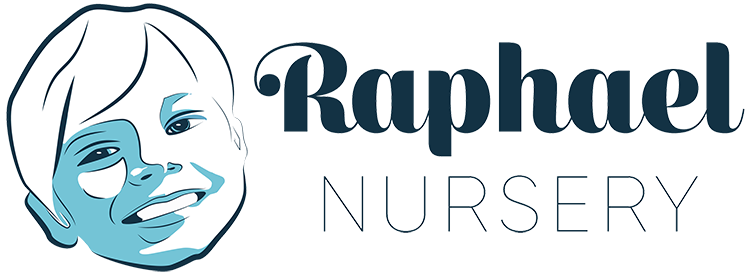Bilingual French Nursery
At our bilingual French nurseries in Clapham and Hammersmith, our pedagogical success is built on three pillars: bilingualism, Montessori, and early years learning.
We believe that introducing a foreign language as early as possible helps children develop communication skills. Most children who join our nurseries do not have French parents and are immersed in another language from a very young age.
Research has shown that bilingual individuals have improved thinking and communication skills compared to monolingual individuals. Bilingual children are able to better communicate with a wider variety of people and have an advantage over children with just one language in their future.
Montessori Pedagogy
Maria Montessori was a pioneer in the study of child development. Her success led to international recognition. Parents and professionals today widely acclaim her educational system, the Montessori Method The main principles include:
- Every child is born with creative potential and the drive to learn.
- Society and their immediate environment influence children’s development. Specially prepared environments help develop the child’s natural potential, both in school and at home.
- We offer children the freedom to work and move around within a set of suitable guidelines.As a result, it enables them to act as part of a social group.
- We provide children with specifically designed materials to explore their world. It enables them to develop essential cognitive skills.
- Age groups encourage all children to develop their personalities at their own pace.
Montessori teaching also contributes to embed Raphael Nursery’s values.
EYFS (Early Years Foundation Stage)
Raphael Nursery also follows the practice for Early Years Foundation Stage in Clapham and Hammersmith. We carefully embed its four key principles:
- The unique child principle: every child is a competent learner from birth who can be resilient, capable, confident and self-assured.
- The positive relationship principle: children learn to be strong and independent from a base of loving and secure relationships with parents and a key person.
- The enabling environments principle: the environment plays a key role in supporting and extending children development and learning.The learning and development principle: children develop and learn in different ways and at different rates. All areas of learning and development are of equal importance and interconnected.



